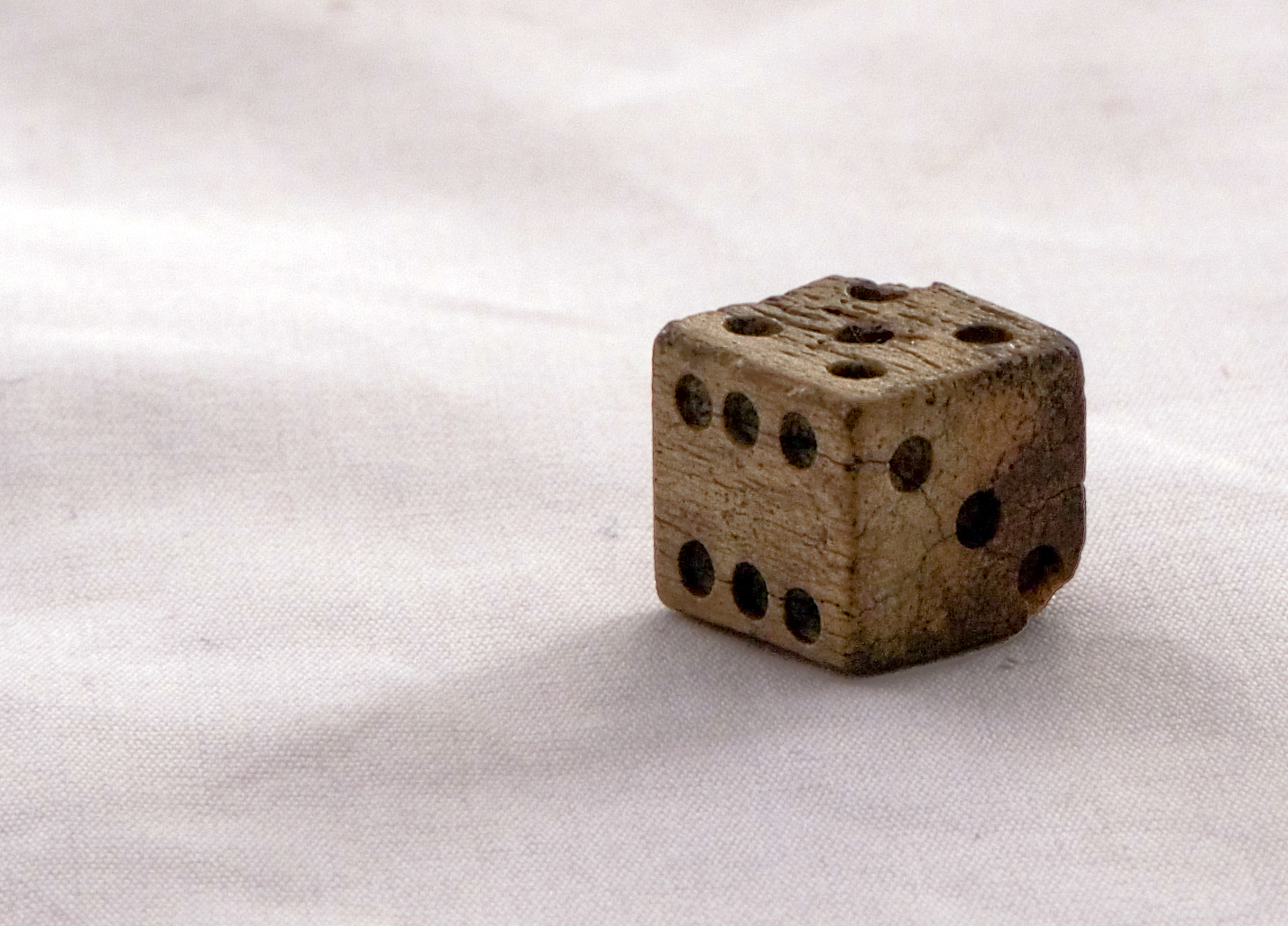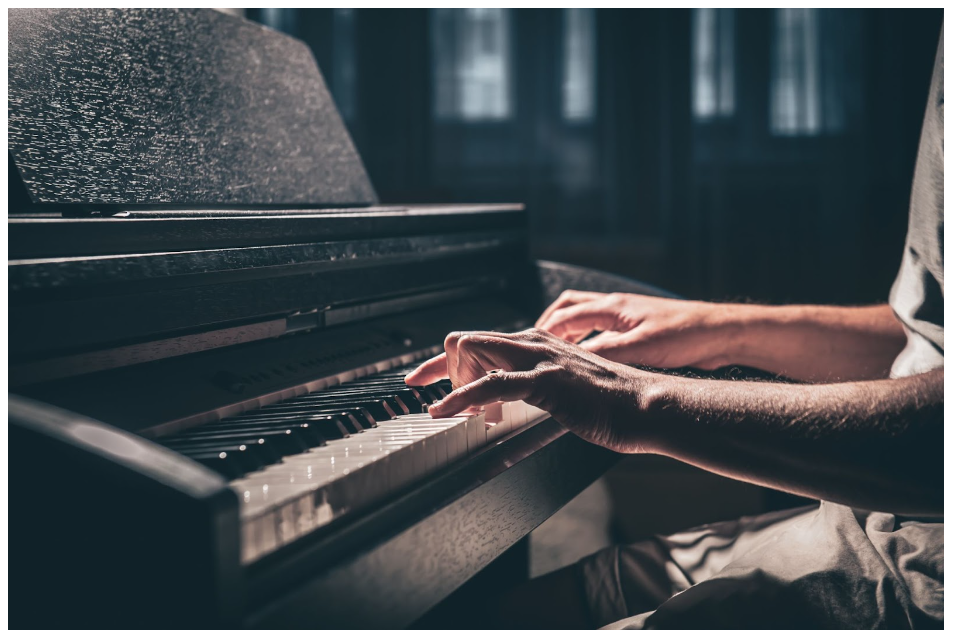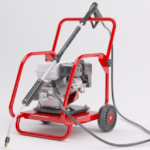The piano, with its beautiful melodies and timeless charm, is a beloved musical instrument. Whether you’re a seasoned player or just starting your musical journey, understanding the importance of piano tuning and maintenance is essential. In this article, we will explore the art of piano tuning and maintenance, with insights from the Michael Avery School of Music, a trusted name in music education in Australia.
The Musical Heart of Your Home
Pianos are often considered the musical heart of many homes. Their rich and resonant tones can fill a room with warmth and harmony. However, to keep your piano performing at its best, regular tuning and maintenance are crucial.
The Role of a Piano Tuner
The Tuner’s Expertise
Piano tuning is a specialized skill that requires training and experience. A piano tuner, like those at the Michael Avery School of Music, has the knowledge and expertise to adjust the tension of the piano’s strings, ensuring that each note is in harmony with the others.
The Tuning Process
Piano tuning involves precisely adjusting the tension of each string to bring the instrument back to its intended pitch. Over time, factors like temperature, humidity, and playing can cause the piano to go out of tune. Tuning not only restores the piano’s pitch but also enhances the clarity and quality of the sound.
The Frequency of Tuning
Regular Tuning Schedule
Most pianos benefit from regular tuning, typically at least once a year. However, if the piano is used frequently or subjected to extreme climate changes, it may require more frequent tuning. Neglecting regular tuning can lead to more extensive and costly repairs in the long run.
Seasonal Adjustments
In Australia, where temperature and humidity can vary significantly between seasons, pianos are particularly susceptible to going out of tune. It’s a good practice to schedule tunings in advance of major climate changes to keep your piano sounding its best.
Piano Maintenance Beyond Tuning
Regulating Your Piano
Piano regulation is a crucial part of maintenance. It involves adjusting various components inside the piano, such as the hammers, dampers, and keys, to ensure that they respond consistently and accurately to the pianist’s touch. This helps maintain a pianist’s ability to control dynamics and expressivity.
Cleaning and Dusting
Regular cleaning and dusting of your piano’s exterior and interior parts can prevent dust and dirt from accumulating, which can negatively impact the piano’s performance. A clean piano not only looks more inviting but also sounds better.
Humidity Control
Maintaining the right level of humidity is vital for a piano’s well-being. Extreme fluctuations in humidity can cause wood components to expand and contract, leading to tuning instability and potential damage. Using a humidity control system, like a piano dehumidifier, can help regulate the environment around your piano.
Caring for Your Piano at Home
Avoiding Direct Sunlight
Direct sunlight can cause fading and damage to the piano’s finish. It’s best to position your piano away from windows or use window coverings to protect it from the sun’s rays.
Proper Piano Cover
Using a quality piano cover when the instrument is not in use can help protect it from dust and damage. Make sure the cover is clean and free of debris that could scratch the surface.
Avoiding Food and Drinks
Eating or drinking near the piano can lead to spills and accidents that can be detrimental to the instrument. It’s advisable to keep food and beverages away from the piano.
The Role of Professional Piano Technicians
Regular Inspections
Having your piano inspected by a qualified technician, like those affiliated with the Michael Avery School of Music, is essential for identifying any potential issues early. Regular inspections can help prevent minor problems from escalating into major repairs.
Repairs and Restoration
If your piano requires repairs or restoration, it’s crucial to entrust the work to experienced technicians. They can replace worn parts, repair structural issues, and restore the piano’s beauty and functionality.
Piano Tuning and Maintenance as an Investment
Preserving Value
Regular tuning and maintenance not only ensure that your piano sounds its best but also help preserve its value. A well-maintained piano can be a valuable asset for generations to come.
Enhancing Musical Enjoyment
A well-tuned and properly maintained piano enhances the musical enjoyment for both beginners and experienced players. It allows for expressive playing and brings out the best in every piece of music.
Conclusion
The art of piano tuning and maintenance is a vital aspect of keeping your piano in optimal condition. Regular tuning, cleaning, and care are essential to ensure that your piano continues to produce the beautiful melodies that make it the heart of your home. By entrusting your piano to experts like those at the Michael Avery School of Music, you can rest assured that your instrument is in capable hands. Their commitment to preserving the art of piano and music extends to providing quality piano tuning and maintenance services, allowing you to enjoy the beauty of your piano for years to come.











